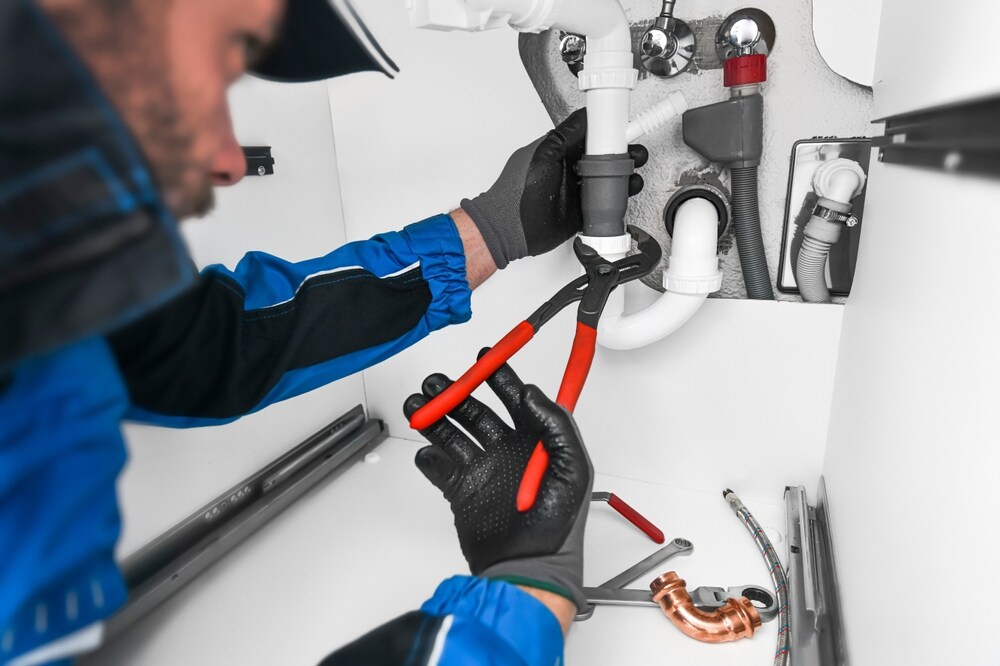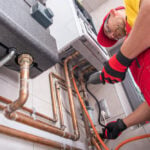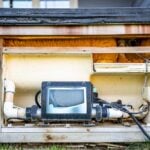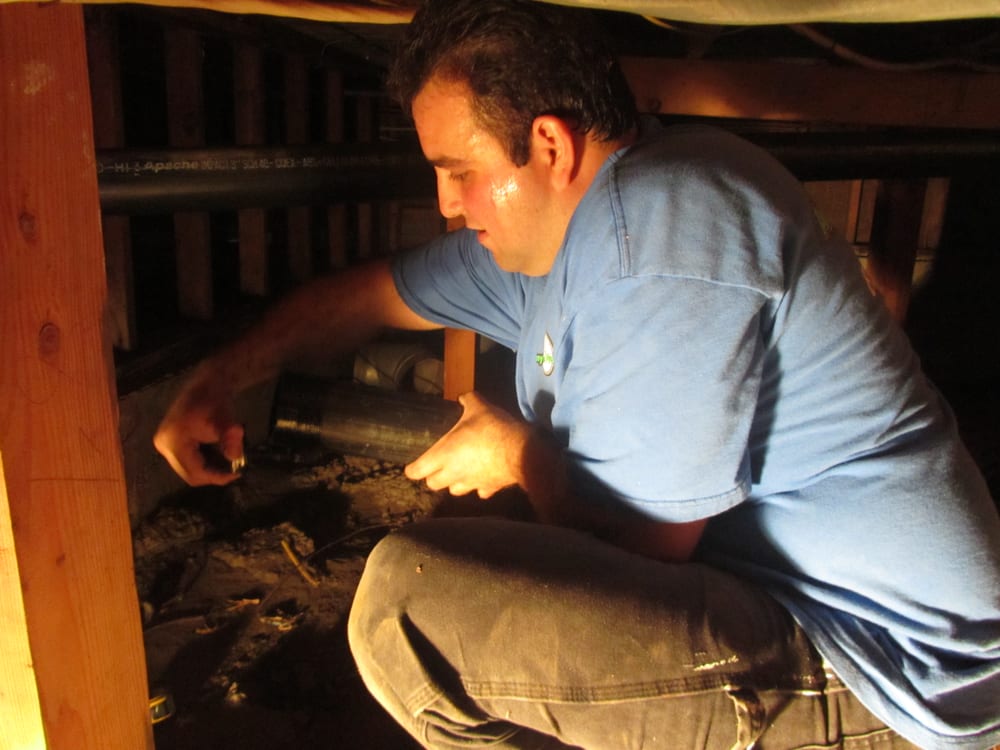
How to troubleshoot common plumbing issues before calling a Soquel plumber?
Troubleshooting Common Plumbing Issues: A Comprehensive Guide Before Calling a Soquel Plumber
Dealing with plumbing issues can be a homeowner’s nightmare. From leaky faucets to clogged drains, these problems can disrupt daily life and potentially cause damage to your property. However, before reaching for the phone to call a Soquel plumbing company, it’s worth exploring some troubleshooting steps that might help you address common plumbing issues on your own. This comprehensive guide aims to provide you with a thorough overview of how to troubleshoot and resolve typical plumbing problems, empowering you to take proactive measures and potentially save on repair costs.

Leaky Faucets
A dripping faucet not only wastes water but can also lead to increased water bills. Before considering professional help, ensure the faucet handle is fully turned off and that a loose handle isn’t causing the issue. If the problem persists, a simple replacement of the worn-out washer inside the faucet can often resolve the leakage.
Clogged Drains
Clogged drains are a common annoyance, but you can often resolve the issue without professional help. Start with a plunger for minor clogs in sinks and toilets, creating a seal around the drain and plunging vigorously to dislodge the blockage. For more stubborn clogs, a drain snake can be effective in breaking up and removing debris.
Running Toilets
A running toilet can waste a significant amount of water. Before calling a plumber, check the flapper valve and adjust or replace it to ensure it’s sealing properly. Additionally, inspect the float to make sure it is at the correct water level, preventing constant running.
Low Water Pressure
Low water pressure can be frustrating, but the cause is often simple. Before seeking professional assistance, check for visible leaks in your plumbing and clean faucet aerators to remove mineral deposits that may be affecting water flow.

Water Heater Issues
If you’re experiencing problems with your water heater, follow these troubleshooting steps before calling a cheap Soquel plumber. Check the pilot light for gas water heaters and relight it if necessary. Periodically flushing the tank to remove sediment buildup can also enhance the efficiency of your water heater.
Frozen Pipes
In colder climates, frozen pipes can be a concern. Before calling for professional help, apply gentle heat using a hairdryer or heating pad to thaw the frozen pipe. Additionally, insulate exposed pipes to prevent them from freezing in the first place.
Strange Noises
Unusual sounds in your plumbing can be unsettling. Before contacting a plumber, flush the water heater to eliminate popping or banging sounds caused by sediment buildup. Additionally, secure loose pipes with hangers to address rattling or banging noises.
Foul Odors
Unpleasant odors emanating from drains or pipes can be distressing. Before calling in professional assistance, tackle foul smells by cleaning drains with a mixture of baking soda and vinegar or a commercial drain cleaner. Additionally, check the P-trap beneath sinks, as it can trap debris and cause odors. Remove and clean the P-trap, ensuring there’s no blockage contributing to the unpleasant smell.
Overflowing Toilet
Dealing with an overflowing toilet can be a stressful situation, but before reaching out to a plumber, take some immediate steps. Locate the shut-off valve near the base of the toilet and turn it off to stop the flow of water. Use a plunger cautiously to attempt to dislodge the blockage, ensuring you don’t exacerbate the situation.

Discolored Water
If you notice discolored water coming out of your faucets, it could be due to various reasons. Before seeking professional help, contact your local water utility to inquire about any ongoing maintenance or issues with the water main. Additionally, run cold water for a few minutes to flush out any accumulated sediment in the pipes causing discoloration.
Sump Pump Malfunctions
For homes with basements, a malfunctioning sump pump can lead to flooding. Troubleshoot sump pump issues by ensuring the pump is plugged in and receiving power. Consider installing a battery backup to prevent flooding during power outages and inspect the float switch for any debris that might affect its operation.
Persistent Sewer Smells
If you’re dealing with persistent sewer smells in your home, investigate the issue before calling a plumber. Check for blocked or damaged vent pipes, as they can lead to sewer odors. Ensure vent pipes are clear and in good condition. Additionally, inspect toilet seals, as a damaged seal can allow sewer gases to escape. Replace the wax ring under the toilet if needed.
Water Leaks
Identifying and addressing water leaks promptly is crucial to prevent damage. Before seeking professional help, inspect visible pipes for any signs of leaks. Tighten loose connections or replace damaged sections. Use a water meter to check for hidden leaks if turning off all water sources doesn’t stop the meter.
Conclusion
Before picking up the phone and incurring potential costs, it’s worth trying these troubleshooting steps to address common plumbing issues on your own. Taking a proactive approach to plumbing maintenance can save you time, money, and stress in the long run. However, if the problem persists or if you’re unsure about the solution, don’t hesitate to seek professional help. Timely intervention can prevent minor issues from turning into major plumbing disasters, ensuring the optimal functionality and longevity of your home’s plumbing system. Remember, a little DIY troubleshooting can go a long way in maintaining a smooth and trouble-free household.








